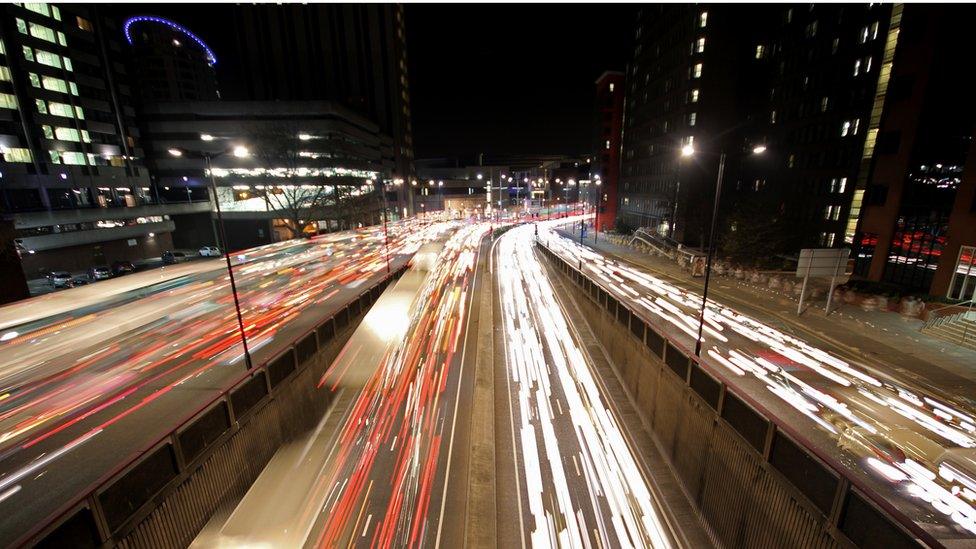Bristol clean air zone due to launch in June 2022
- Published
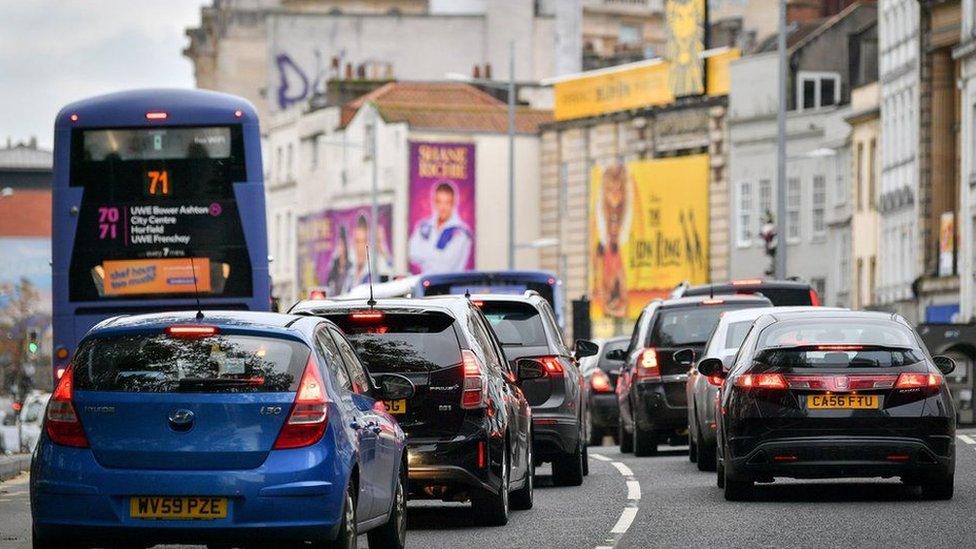
Bristol's clean air zone will encompass much of the city centre
Bristol is aiming to launch its long-awaited clean air zone (CAZ) next June, the BBC understands.
Tens of thousands of drivers will be affected by the changes, which include charging private cars to drive through much of the city centre.
The CAZ was due to be launched in October this year but has suffered a number of delays.
Bristol City Council said there will be millions of pounds of government support available to help people adapt.
The city has been under pressure from the government to reduce pollution to within legal limits by 2023.
Bristol mayor Marvin Rees confirmed the scheme has now received the backing of the government.
He added: "This is a real win for the city. We are introducing one of the most wide-ranging clean air zones in the UK which will see us not only reduce air pollution but also help people change how they travel, delivering a cleaner, greener and healthier city for years to come."
Mr Rees has previously said he is committed to reducing air pollution but wanted to minimise any disproportionate impact on businesses and citizens, especially those on low incomes.
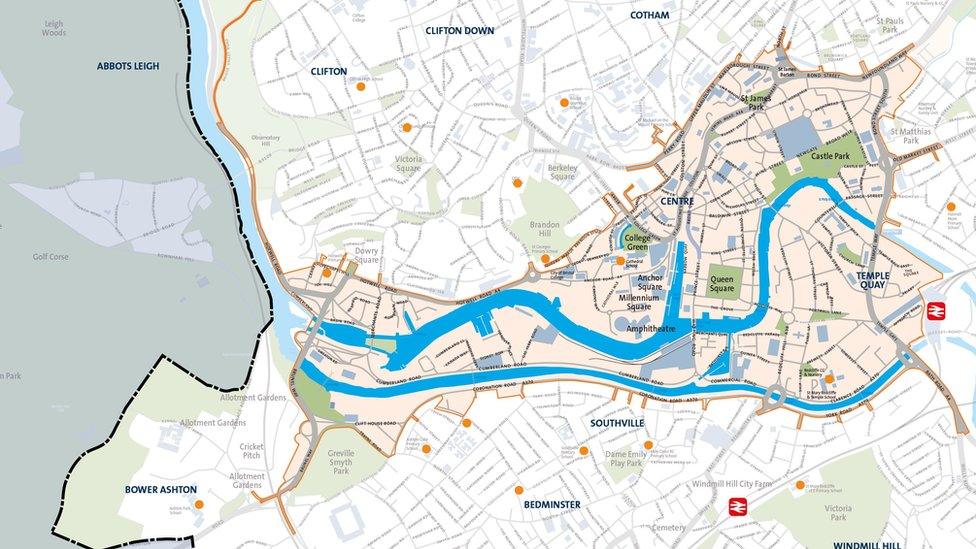
The clean air zone will cover much of the centre of Bristol
The CAZ will see drivers of older, more polluting vehicles - of which there are an estimated 75,000 in the city - charged to enter it.
Polluting private cars, taxis and vans will be charged £9 a day to enter the zone, while polluting buses, coaches and lorries will be charged £100 a day, according to the plans submitted to the Government in February of this year.
The charges will not apply to petrol vehicles that meet Euro 4, 5 and 6 emission standards (those dating from roughly 2006 onwards) or to Euro 6 diesel vehicles (those roughly from the end of 2015 onwards).
The council said this means around 71% of vehicles in Bristol are already compliant so will not have to pay to enter the zone.
The authority said it will help people switch to greener modes of transport using £42m of government funding.
Support measures include:
£5.9m spent on helping people switch to public transport and make more journeys by walking or cycling with free bus tickets, free electric bike loans and cycle training
A £2m freight consolidation project will be set up to help businesses switch to greener ways of transporting goods
£2.1m of funding allocated to help local bus and coach companies
£32m for businesses to upgrade HGVs, LGVs, taxis and private hire vehicles
£1.8m of loans and grants available to help people on low incomes, or those travelling to work or study in the zone who need to upgrade their vehicles
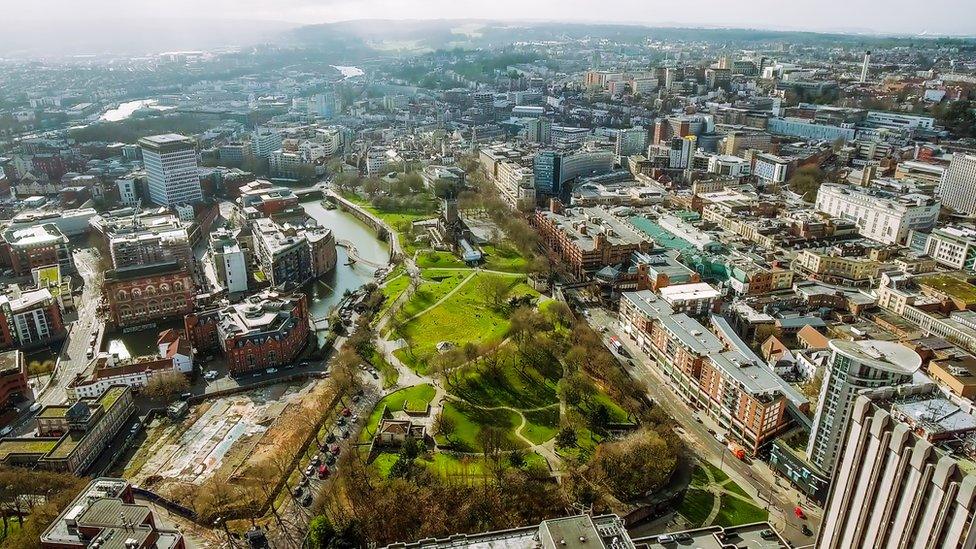
Mayor Marvin Rees said the news was a "real win" for Bristol
There will also be a range of exemptions available to give eligible businesses and individuals time to prepare for the zone, including:
People on low incomes (earning up to £27,000 a year) who have to travel into the zone for work
Patients and visitors to hospitals in the zone
Blue Badge holders and people with a disabled tax class vehicle or disabled passenger tax class vehicle
Community transport providers operating under a Section 19 permit
People with commercial vehicles subject to finance agreements
Council-funded buses, minibuses or coaches used as home-to-school vehicles
Families who receive Personal Travel Budgets who travel through the zone on their school route.

Follow BBC West on Facebook, external, Twitter, external and Instagram, external. Send your story ideas to: bristol@bbc.co.uk , external
- Published2 July 2021
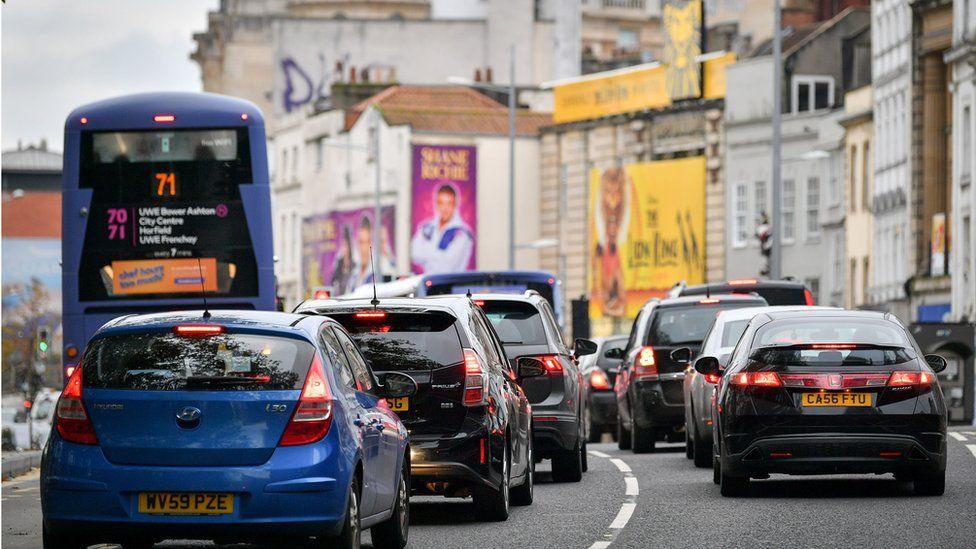
- Published1 July 2021
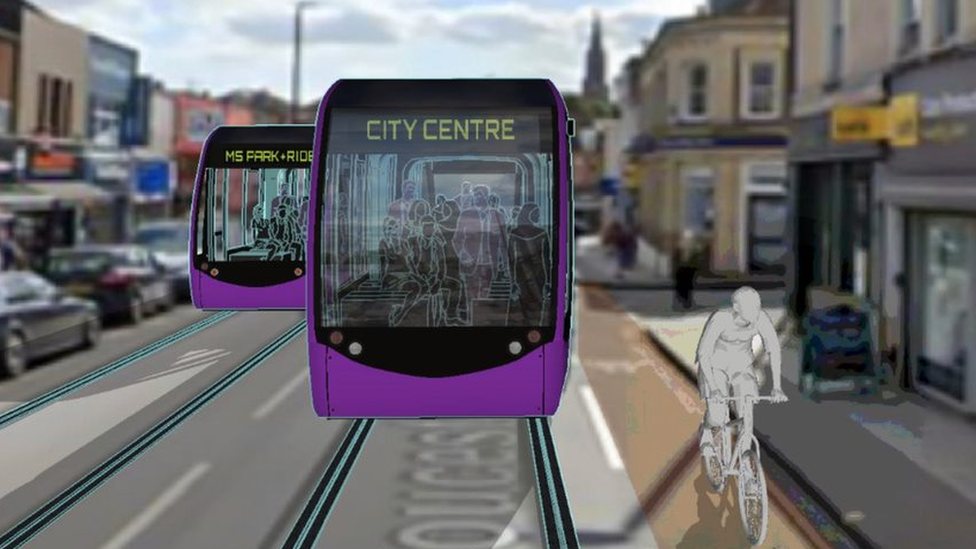
- Published27 February 2021

- Published19 February 2021
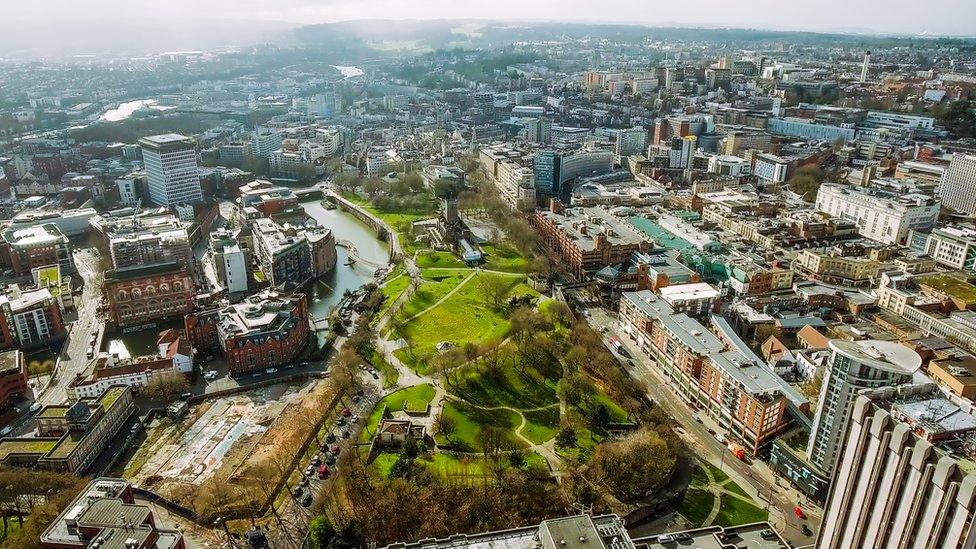
- Published18 February 2021

- Published19 January 2021
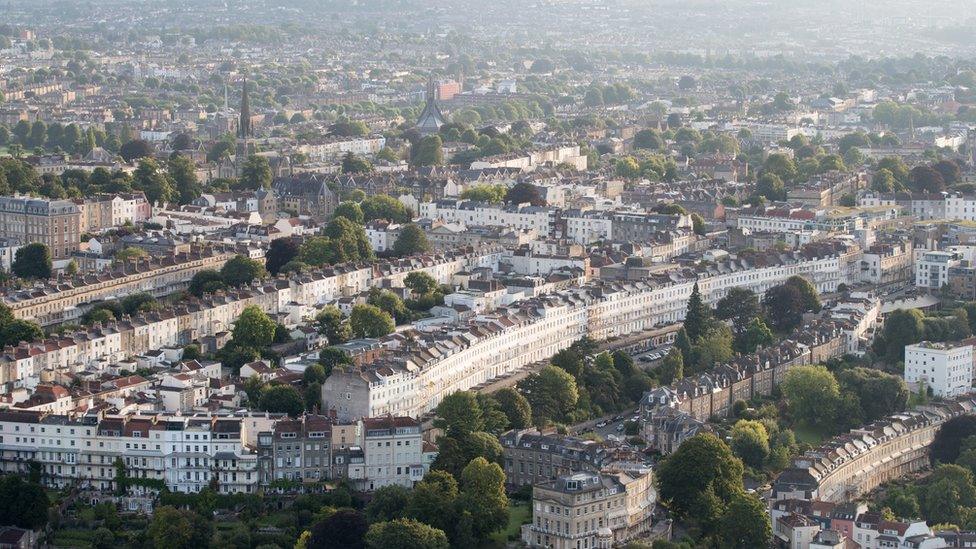
- Published14 January 2021
